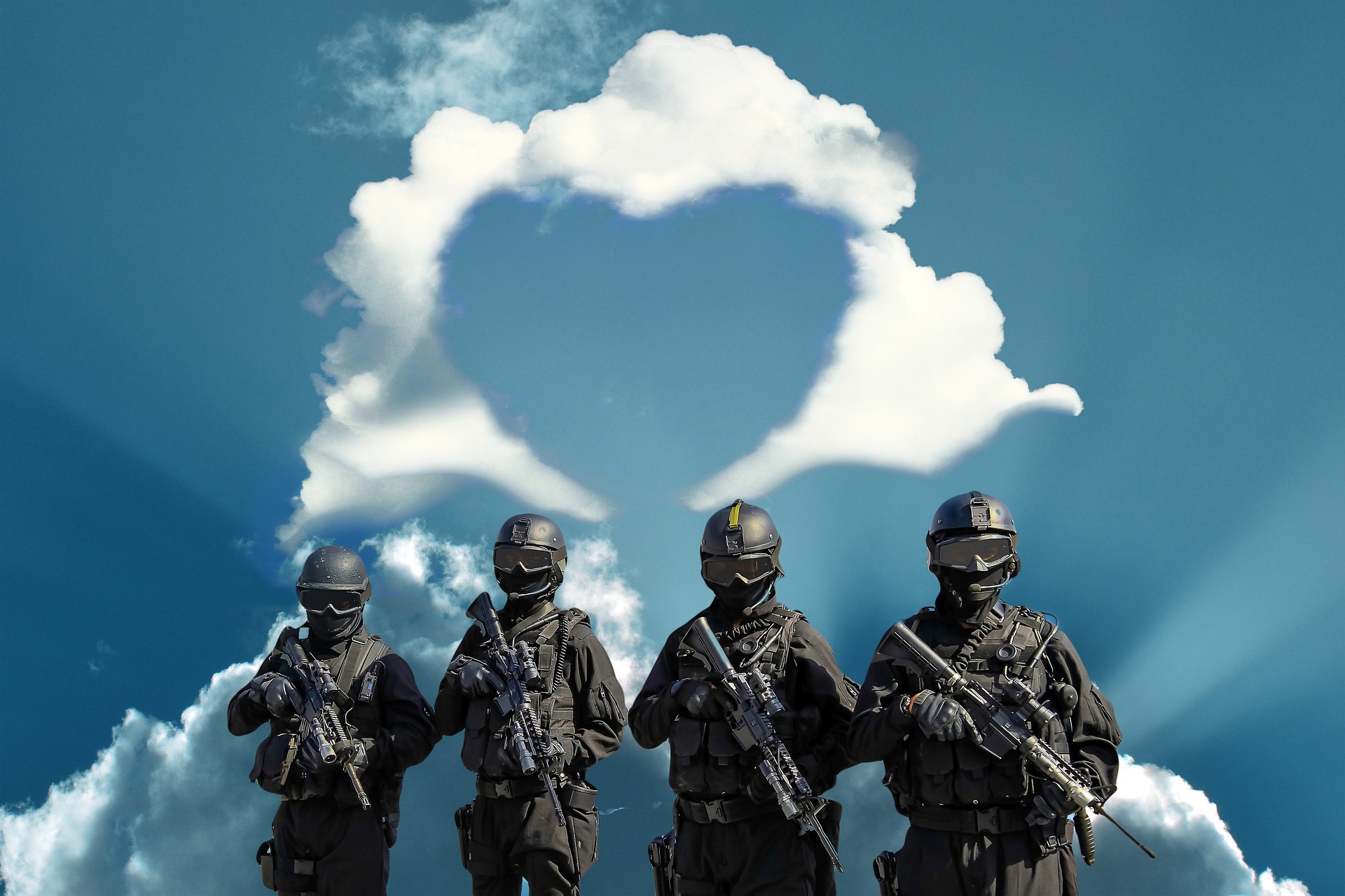Policing natural disasters
In this project we will analyse the vertical and horizontal dimensions of the relationship and interactions between different actors involved in policing different types of human emergencies.
Centre of Expertise Global and Inclusive Learning

In contemporary systems of public safety and security, the practice of policing has become increasingly fragmented and multi-tiered. Policing functions no longer reside solely with the public police. They are shared between different actors who are in collaboration, but also often in competition with each other.
This presence of multiple policing providers during crises has been linked to the acceleration of what Ian Loader termed “networked, plural policing” (Loader, 2000). Many policing scholars have observed that there is a necessity to shift the understanding of the contemporary plural policing environment and carry out comparative empirical investigation.
Purpose of the research project
In this project we will analyse the vertical and horizontal dimensions of the relationship and interactions between different actors involved in policing different types of human emergencies.
Approach
To examine and discuss the relevance of these interplays for practitioners and policy makers, we analyse 3 natural disasters:
- Hurricane Katrina (2005),
- the Western Africa Ebola Epidemic (2013-2016),
- and the Great Eastern Japanese Earthquake (2011).
We deliberately chose for this case study sample 3 contrasting examples of state stability, police models and tradition, and types of human emergencies.
In each case study, we explore the role of the police as well as other state and non-state actors in performing police functions. This way, we gain a better understanding of the ongoing reconfiguration of policing.
An equivalent study has not been conducted before, making this research both methodologically and conceptually very original.
Societal relevance of the research project
This project is relevant for organisations such as EUROPOL, CEPOL, the NATO CIMIC Centre of Excellence in The Hague, the NATO School Oberammergau, Dutch Military, the Dutch National and Regional Police, the Koninklijke Marechaussee, private security and consultancy agencies, the Dutch Royal Army’s Land Warfare Centre and TNO.
Many of these organisations have a stake in policing. And they can benefit of the insights of the project as it highlights the evolution of policing roles beyond traditional actors while drawing critical attention to the pitfalls of excessive securitisation.
Media
Blog: Plural policing during health emergencies and natural disasters
Podcast: Policing and Public Leadership, Lessons from COVID-19 with Dr. Anna Matczak and Moniek Akerboom
Study Programme THUAS
Safety and Security Management Studies
Duration
August 2021 – onwards
Contact
Dr. Anna Matczak, [email protected]